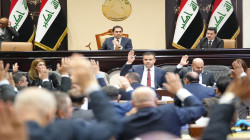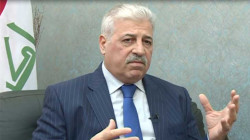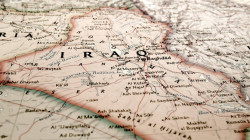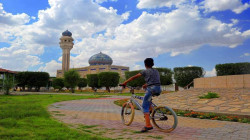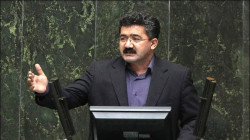Iraqi politician rejects sectarian calls for Sunni Region
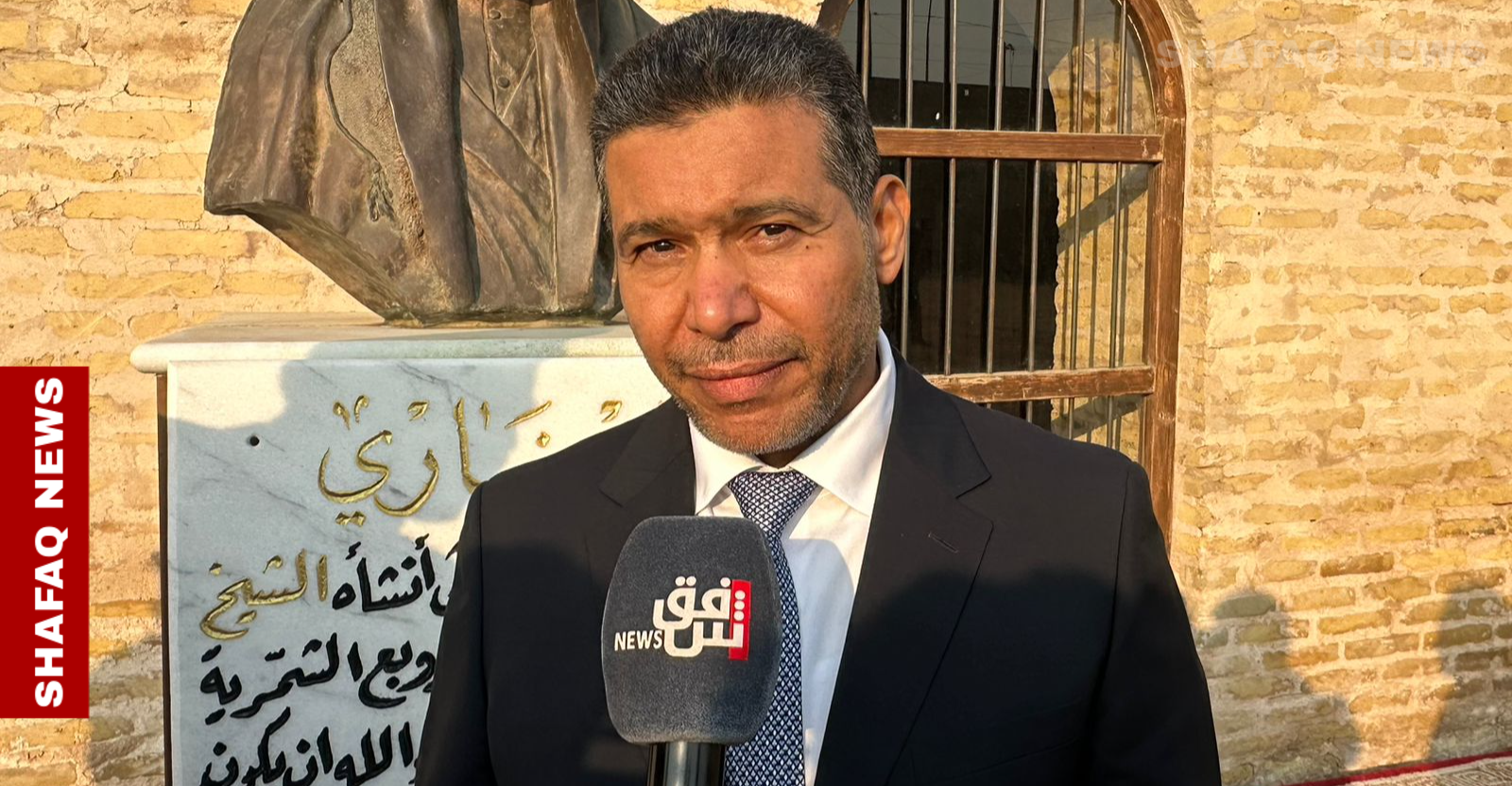
Shafaq News/ On Saturday, Jamal al-Dhari, Secretary-General of the National Project (Al-Mashrou’ Al-Watani), rejected sectarian calls to establish a Sunni region in Iraq, warning that no Iraqi community would escape harm in the event of a national crisis.
“We, as the National Project, oppose sectarian calls for forming a Sunni region. We believe such sectarian-based initiatives cannot benefit the sect, Iraq, or its people,” al-Dhari told Shafaq News. “What we need is social, tribal, and national cohesion dedicated to preserving the country,” he added.
Al-Dhari stressed that a national issue would affect all components of Iraq, stating, “The responsibility must be to safeguard Iraq and the Iraqi people as a whole,” reiterating his stance against the formation of any political or administrative structures based on sectarian or ethnic divisions, which has been a core principle of the National Project since its inception.
“We consistently urge those involved in the political process to prioritize national interests over sectarian ones whenever we have the chance,” al-Dhari concluded.
His comments come days after the US-based Modern Diplomacy publication called on the Iraqi government and its patrons in Washington and Tehran to “correct historical injustice” by allowing the establishment of a semi-autonomous Sunni region in line with Iraq’s constitution.
The report argued that granting Sunnis greater autonomy, modeled on the Kurdistan Region's success, could prevent further instability and conflict arising from years of perceived marginalization.
The report mentioned 2005 year when Grand Ayatollah Ali al-Sistani refrained from opposing calls for federalism, paving the way for a constitution that emphasizes a federal system and a form of "soft partition" in Iraq.
Article 116 of the Iraqi constitution establishes a federal framework characterized by a decentralized capital, self-governing regions, governorates, and local administrations. Article 117 officially recognizes the Kurdistan Regional Government (KRG) as a federal entity with the authority to manage its administrative, economic, and security affairs while being entitled to a share of Iraq’s oil revenues. Additionally, Article 119 outlines the mechanism for forming new regions, allowing one or more governorates to establish a region through a referendum. This process can be initiated either by a third of the members of each governorate council wishing to form the region or by a petition signed by one-tenth of the voters in those governorates. These provisions highlight the constitutional foundation for Iraq’s federal system and the potential for further regional autonomy within the country.

